Jane Frances
19 November 2019
Jane Frances
Jane Frances is a psychotherapist and was for many years Schools Specialist and Policy Advisor in Education at Changing Faces, UK. She is an expert in the psychology of visible difference.
She tells us of how findings from psychological research can help parents and teachers of children with Neurofibromatosis to better support them.
“I have worked with a lot of children with many conditions including NF, and I’ve found that the responses by other people to visible difference is pretty standard across conditions. The advice I give is based on research. ‘Common sense’, however well-intentioned, can lead to counterproductive interventions.
For example, if a child is staring at a child with a visible difference, the ‘natural’ reaction of the teacher is to say, ‘you mustn’t stare’. The result is that children learn to turn away, and the child with the difference feels even more isolated.
A better response is for the teacher to tell the staring child, ‘if you find yourself staring, smile and say ‘Hello, my name is Jane. What’s your name?’’
It is even more important that parents or the teacher coach the child who has NF to handle other children’s curiosity. The best strategy is for the child with NF to have something to say, like: ‘Don’t mind my lumps and bumps. I’ve got NF. Have you got something interesting about you?’ It is always good to round off with a question and engage – curiosity is the beginning of a relationship.
If the child is shy and nervous, the teacher might need to say, ‘Oh you’ve noticed Timothy’s unusual face. Well that’s the way Timothy’s face is, and did you know Timothy has a pet cat?’
We know from countless studies that it is harder for a child who looks unusual to make and keep friends. This is caused not by an aversion to the unusual face, but by an aversion to the stigma. The key, therefore, is to reduce or eliminate the stigma. The conversational strategies above will help. A curious stare is a door to a conversation and possible relationship.
Teachers’ expectations are also key: they need to hold in their heart really positive hopes for this child’s future. Many studies confirm the ‘Pygmalion Effect’: that lower expectations lead to lower results. Teachers aren’t doing children a favour by going easy on them. The child needs tough, high expectations.
These are just a few tips. You can get more information and resources for tackling issues of face equality and the impact of appearance at changingfaces.org.uk.”
– Jane Frances"The best strategy is for the child with NF to have something to say, like: ‘Don’t mind my lumps and bumps. I’ve got NF. Have you got something interesting about you? "
Filter News
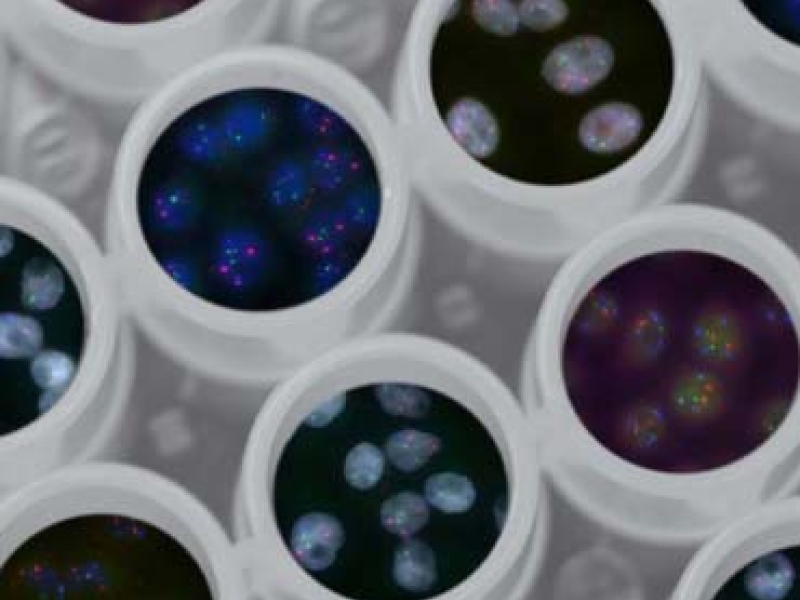
Neurofibromatosis Type 2 name change
The new name for Neurofibromatosis Type 2 is NF2-related-Schwannomatosis (NF2)
Read More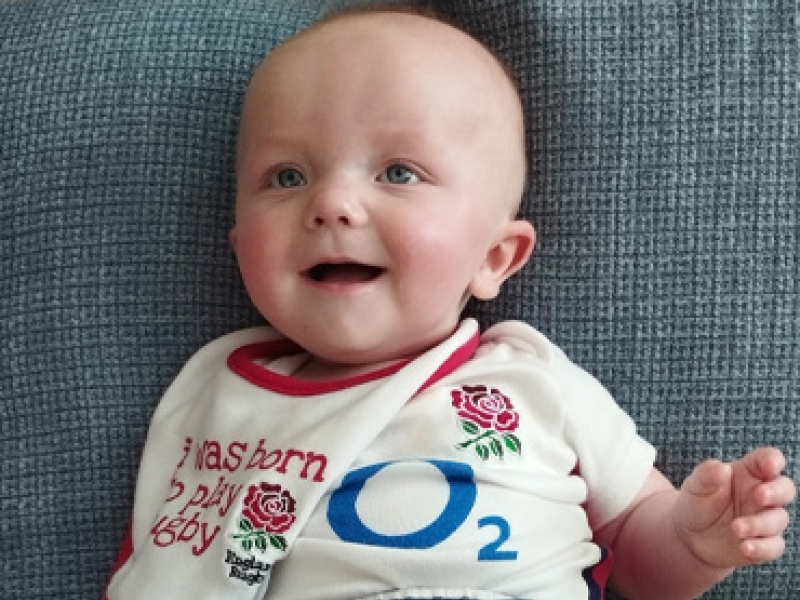
Jensen’s NF1 story
Stuart describes Jensen's first days post birth, subsequent diagnosis of NF1 plus his & wife Claire's hopes for his future
Read More
TSL’s Charity of the Year
Specialist Nurse Tracey Kenyon launches TSL’s corporate funding to introduce NTUK & welcome guest of honour, 2 year old Evie
Read More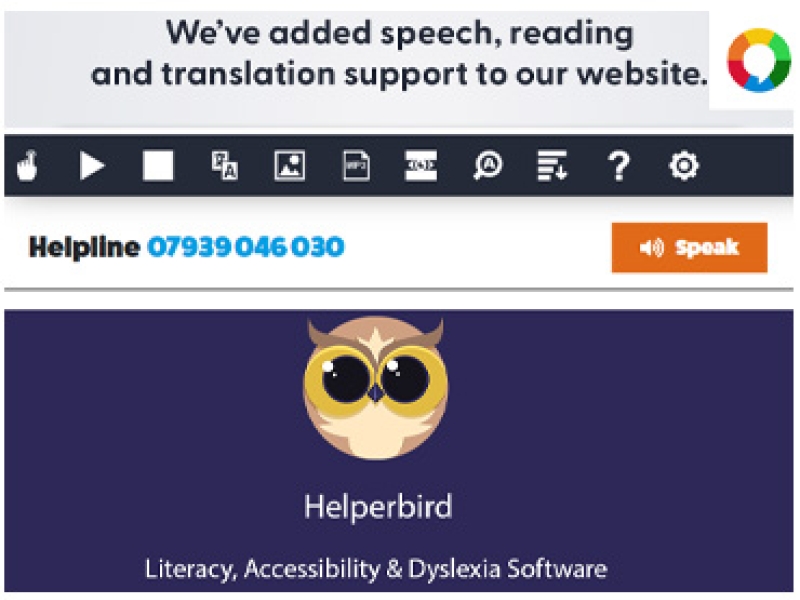
Online – Accessibility – We have the tools to help!
The NTUK website has accessibility tools to give you easier access to online & digital content
Read More
My life with Pheo
This story, written by someone with NF1, describes symptoms leading to a phaeochromocytoma diagnosis
Read More
Resources Survey: Initial Diagnosis 2023
We received many responses to our survey asking what would you have found helpful after your initial diagnosis
Read More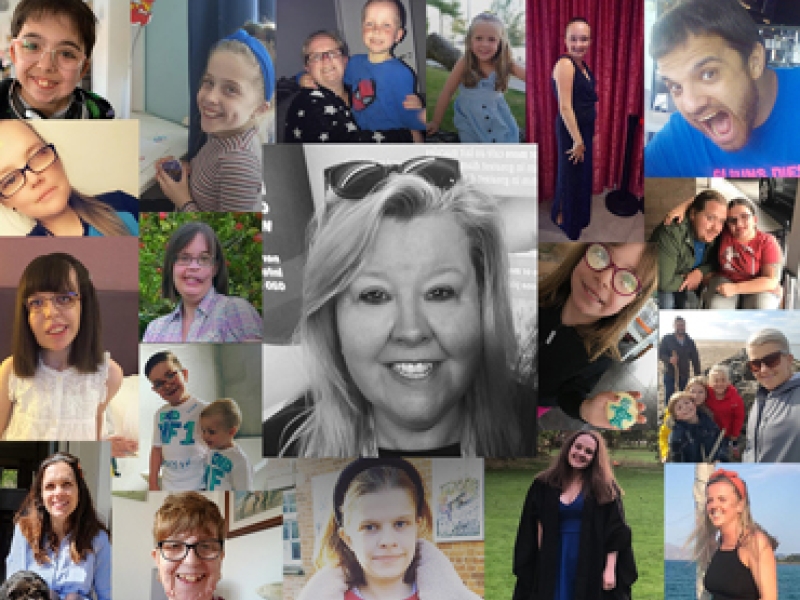
Community Fundraising Call Out
Calling all community fundraisers - we need your help, please!
Read More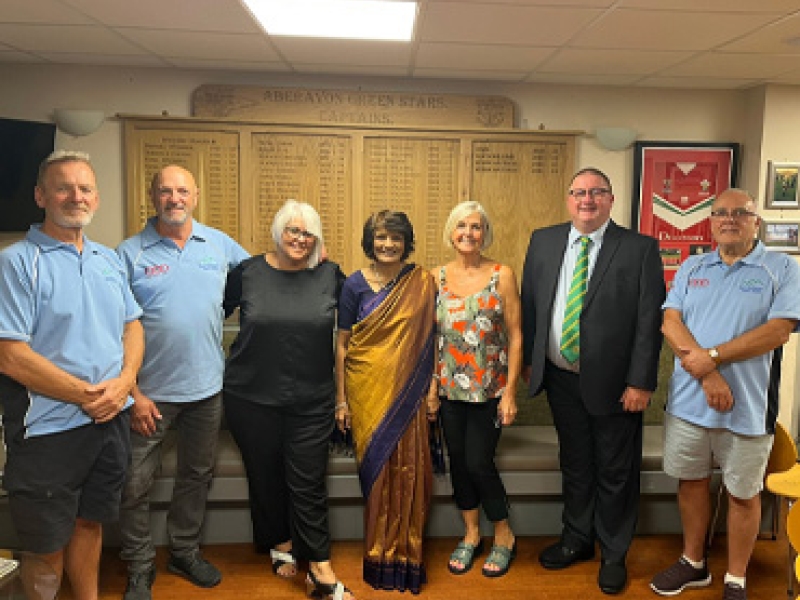
Owen family Awareness Event
The event featured guest speaker Prof. Meena Upadhyaya OBE, Member of our Board of Trustees & Medical Advisory Board
Read More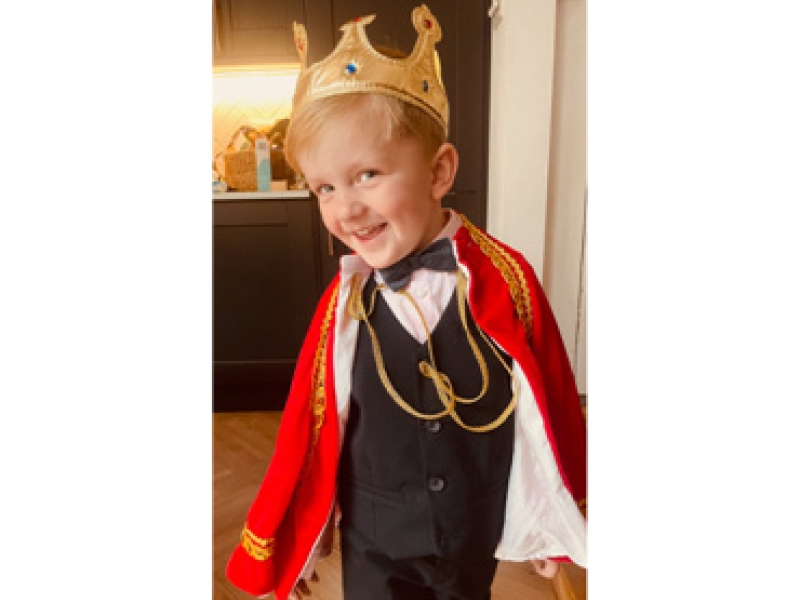
Running for Wilbur
Tim is running the Guildford 10k in October, to show support to his son Wilbur who has NF1
Read More

